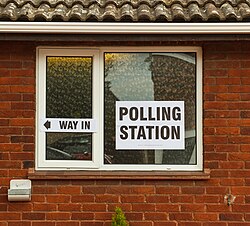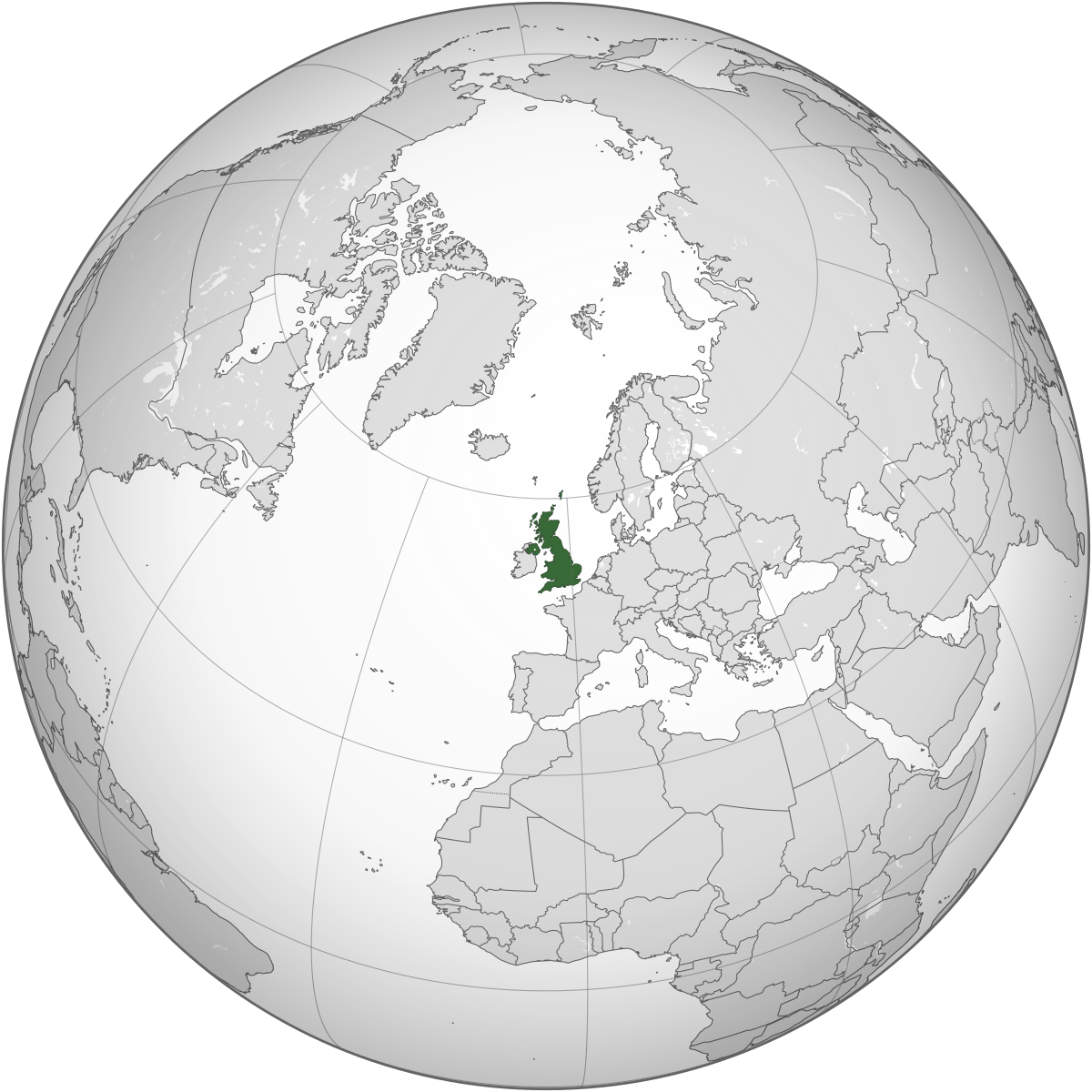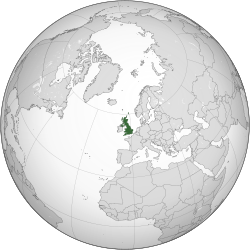From Wikinews, the free news source you can write!
This article requires pre-publication review by an uninvolved reviewer (one not substantially involved in writing the article). –Article last amended: Jul 17 at 18:15:57 UTC (history) |
| This article requires pre-publication review by an uninvolved reviewer (one not substantially involved in writing the article). –Article last amended: Jul 17 at 18:15:57 UTC (history) |

Thursday, July 17, 2025
United Kingdom — The Ministry of Housing, Communities & Local Government unveiled plans on Thursday to lower the voting age to 16, following successful reforms by Scotland and Wales.
The plans are part of a wider strategy published by the Ministry to improve, including classifying bank cards as a valid form of voter ID, introducing automatic voter registration and restricting rules on political donations.
Prime Minister Keir Starmer told ITV News that he supported the changes “because they’re old enough to go out to work, they’re old enough to pay taxes,” adding that, “I think if you pay in you should have the opportunity to say what you want your money spent on.” Lowering the voting age was a manifesto promise for his party at the 2024 general election.
ITV News polling found that only 51% of 16–17 year olds support lowering the voting age to 16, but also that 33% of 16–17s would vote Labour, 11% ahead of current polling. The polling found that former Labour leader Jeremy Corbyn is favourite politician amongst the age group.
Reform UK leader Nigel Farage has criticised the move despite his party polling second place at 20% of 16–17s, saying that “I don’t think you should be able to vote in an election unless you’re also eligible to be a candidate, and I don’t think 16 year olds should stand for Parliament.”
The population of 16–17 year olds in the United Kingdom is 1.6 million, compared to the 48 million eligible to vote at the 2024 general election.
![]()






